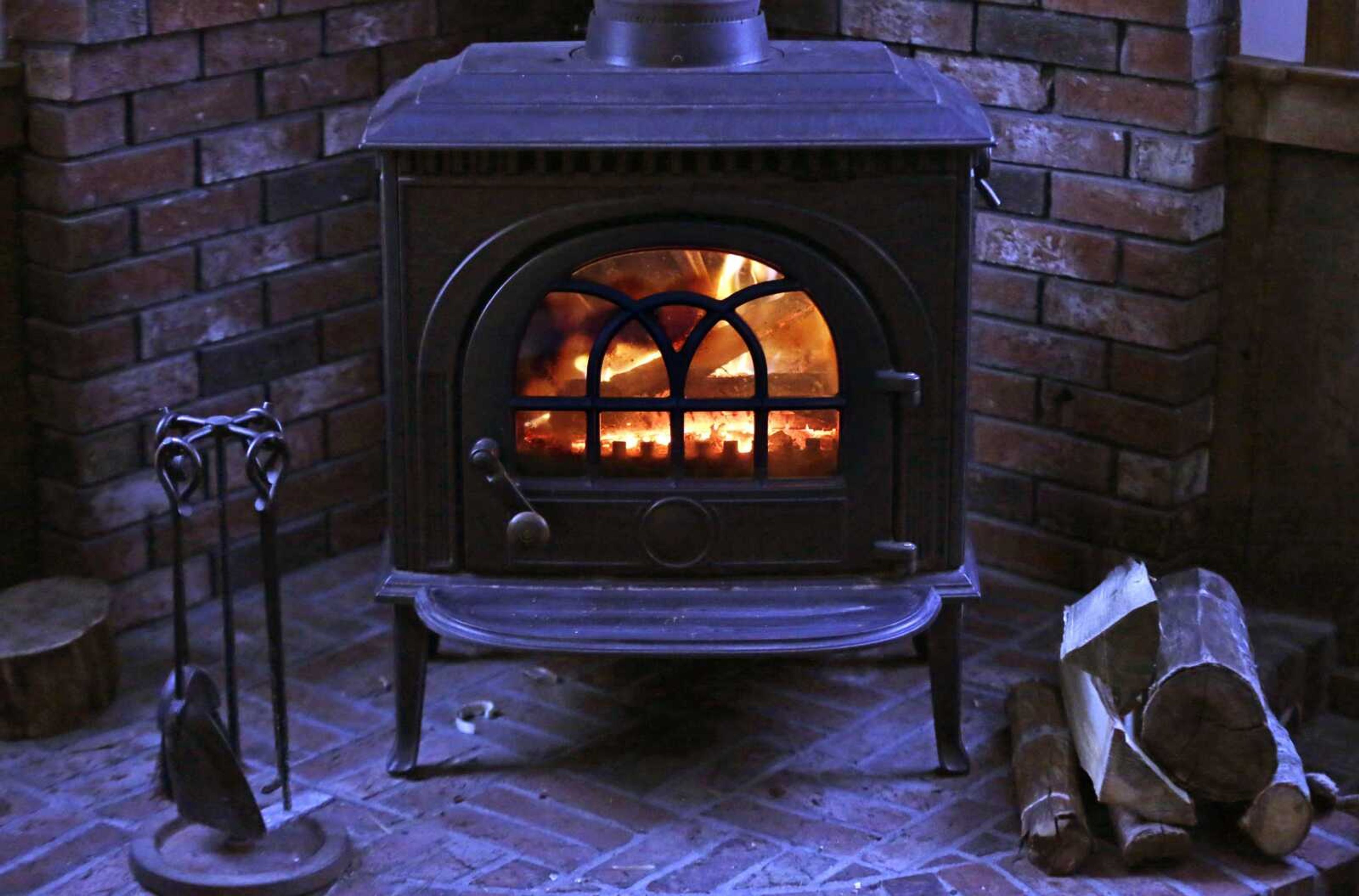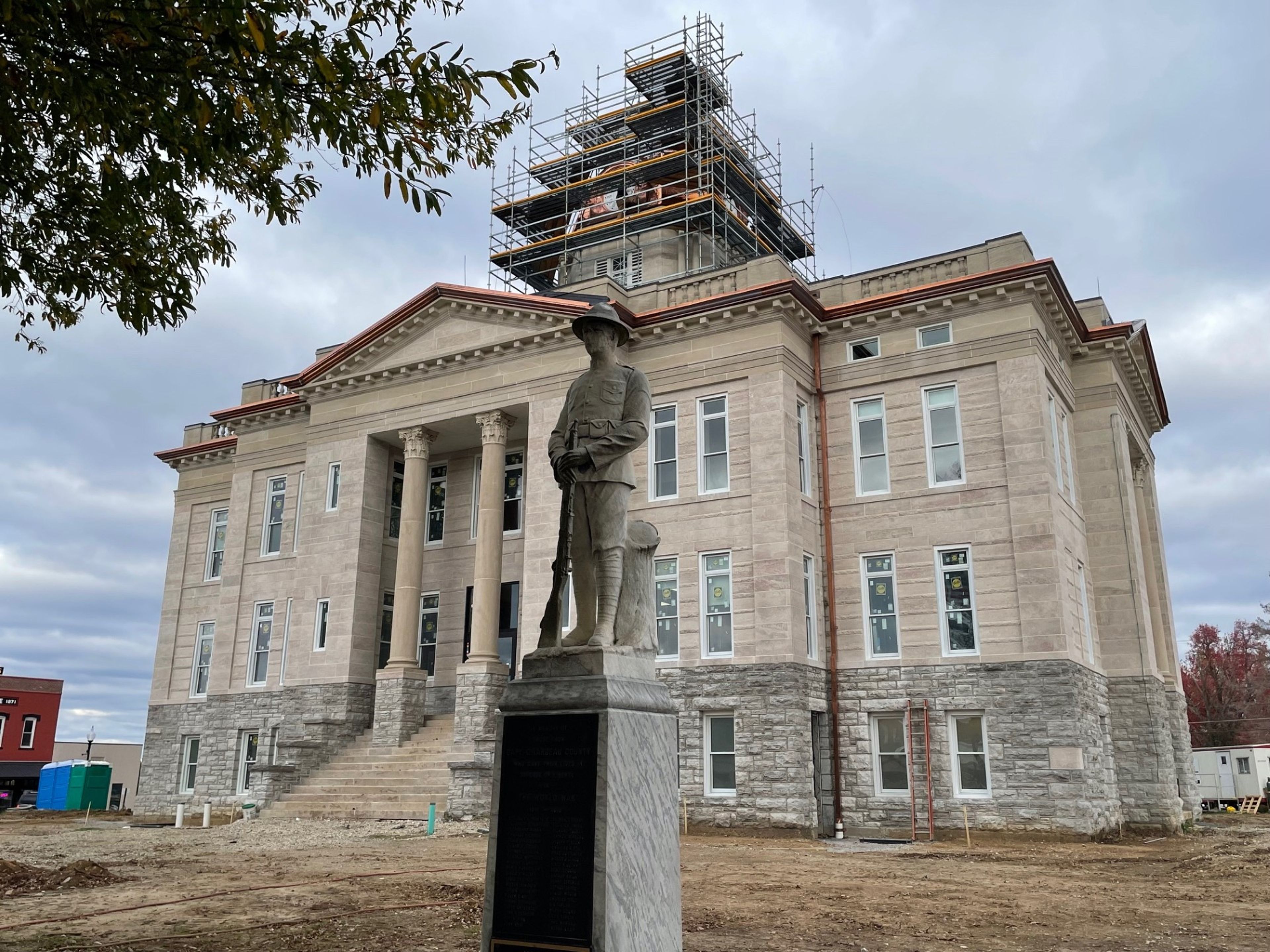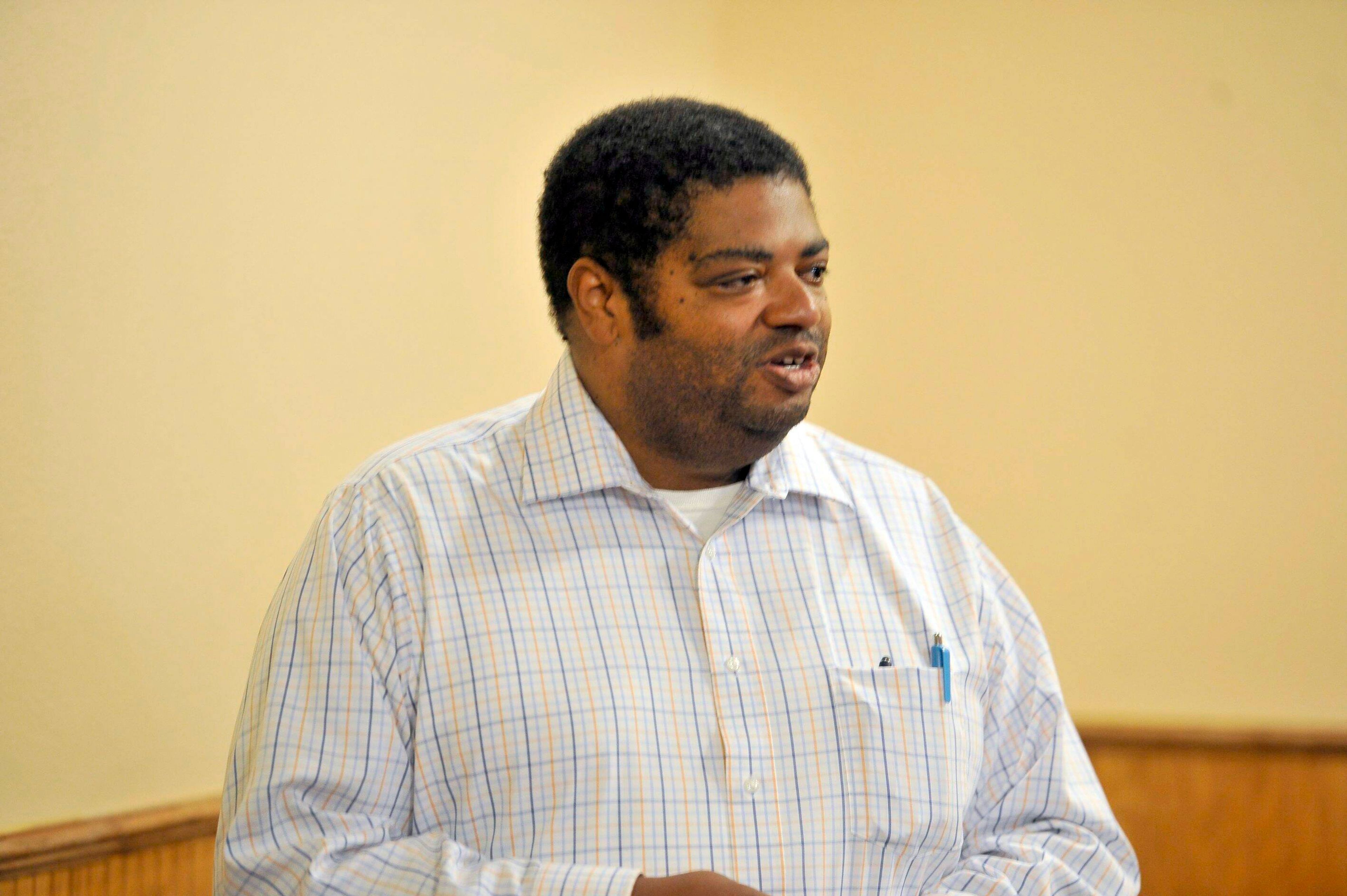Rep. Smith tries to end EPA rules on wood stoves
POPLAR BLUFF, Mo. -- There's nothing quite like the warmth generated by a cozy old wood stove during winter. But Environmental Protection Agency regulations issued in January to snuff the crackling fire in the potbelly -- in the name of air quality and better breathing -- now are the law of the land and causing some headaches for self-sufficient families and stove dealers in the Show-Me State. A local congressman is taking aim against those regulations...
POPLAR BLUFF, Mo. -- There's nothing quite like the warmth generated by a cozy old wood stove during winter.
But Environmental Protection Agency regulations issued in January to snuff the crackling fire in the potbelly -- in the name of air quality and better breathing -- now are the law of the land and causing some headaches for self-sufficient families and stove dealers in the Show-Me State. A local congressman is taking aim against those regulations.
The EPA's rule tightened the amount of particulate matter new wood stoves can emit, effectively making 80 percent of the nation's stoves obsolete.
Those new rules have cost Poplar Bluff wood-stove dealer the Stove Shop a lot of business this year, said general manager John Kassing.
"We are allowed to sell the stoves that are already in stock that were grandfathered over, but any new addition has to meet those specifications. It has affected our stove sales greatly," he said.

Poplar Bluff do-it-yourselfers and other industrious folks have told Kassing they might just make their own stoves.
It is unclear what, if any, federal penalties a homeowner faces for unlawful manufacture or possession of illegal wood-burning paraphernalia.
Kassing said the new stoves are worthwhile, however.
"The new stoves are more efficient. They are better," he said. "We are getting in to the catalyst world where it is burning the tar pellets and smoke, and it is an absolute clean flame, a clean exhaust after you get it burning correctly."
U.S. Rep. Jason Smith, R-Salem, last week filed to repeal the new regulations in the form of a rider tacked on to a wide-sweeping energy bill.
"People I talk with are sick of this administration's war on rural America. Rules like these disproportionately hurt rural areas, which use much more wood heat than urban or suburban areas," Smith said.
"Times are already tough enough. Folks should not be punished for their self-reliance and their forethought to take advantage of an abundant, eco-friendly fuel like wood."
But the EPA regulations have not gone up in smoke yet. The energy bill headed to the Senate this week contains -- in addition to Smith's repeal of the wood stove regulations -- legislation touching on almost every aspect of energy in America. Whether it will pass remains to be seen.
Smith said households in his district are five times more likely to be heated with wood than the national average.
"In the 8th District of Missouri, about 30,000 households use wood heat to warm their homes. Census data show households heating with wood grew 34 percent between 2000 and 2010, and that low and middle-income households are much more likely to use wood as a primary heating fuel," he said.
The EPA says wood smoke is the cause of a number of health concerns, including asthma attacks and acute bronchitis, and may increase susceptibility to respiratory infections.
"Smoke may smell good, but it's not good for you," the agency states on its website. "Both short and long-term exposures to particle pollution from wood smoke have been linked to a variety of health effects."
The EPA regulations come in response to a lawsuit from the American Lung Association and several environmental groups, as well as the attorney generals of seven states -- Connecticut, Maryland, Massachusetts, Oregon, Rhode Island and Vermont.
If the larger energy bill passes the Senate, it will be sent to President Barack Obama for approval.
Connect with the Southeast Missourian Newsroom:
For corrections to this story or other insights for the editor, click here. To submit a letter to the editor, click here. To learn about the Southeast Missourian’s AI Policy, click here.









